Building new house with Tankless and re-circulating pump
monsoon99
15 years ago
Related Stories

GREAT HOME PROJECTSHow to Switch to a Tankless Water Heater
New project for a new year: Swap your conventional heater for an energy-saving model — and don’t be fooled by misinformation
Full Story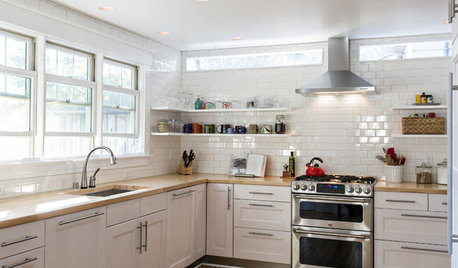
KITCHEN DESIGNBetter Circulation for a Family Kitchen and Bathroom
An architect’s smart design moves helped rearrange this Louisville kitchen to create a more sensible workflow
Full Story
DECORATING GUIDESHouzz Tour: Couple Pares Down and Pumps Up the Style
A big transition from a large suburban house to a 1,200-square-foot urban condo is eased by good design
Full Story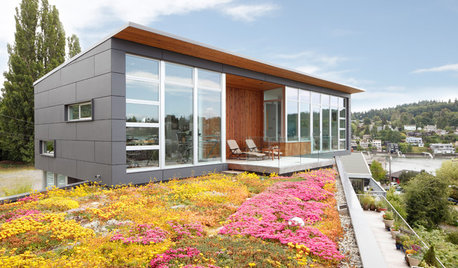
CONTRACTOR TIPSBuilding Permits: What to Know About Green Building and Energy Codes
In Part 4 of our series examining the residential permit process, we review typical green building and energy code requirements
Full Story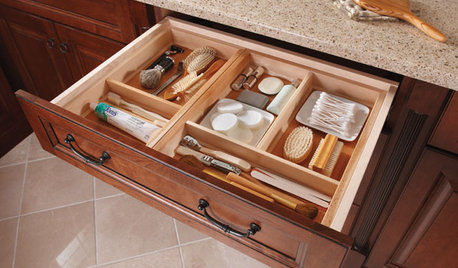
MOST POPULARHow to Create an Inventory, Whether You're Naturally Organized or Not
Documenting your home items is essential, even if disaster seems unimaginable. And it may be easier than you think
Full Story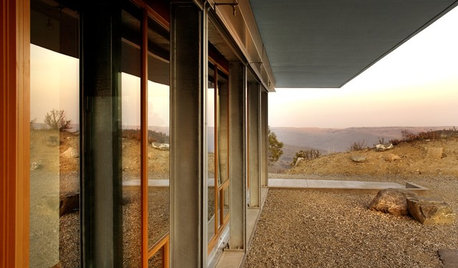
GREEN BUILDINGOff the Grid: Siting and Building to Conserve Energy
Look to low-tech solutions for big energy savings when you’re constructing a home
Full Story
GREEN BUILDINGWhy You Might Want to Build a House of Straw
Straw bales are cheap, easy to find and DIY-friendly. Get the basics on building with this renewable, ecofriendly material
Full Story
GARDENING AND LANDSCAPINGHow to Make a Pond
You can make an outdoor fish paradise of your own, for less than you might think. But you'll need this expert design wisdom
Full Story
GREEN BUILDINGInsulation Basics: Heat, R-Value and the Building Envelope
Learn how heat moves through a home and the materials that can stop it, to make sure your insulation is as effective as you think
Full Story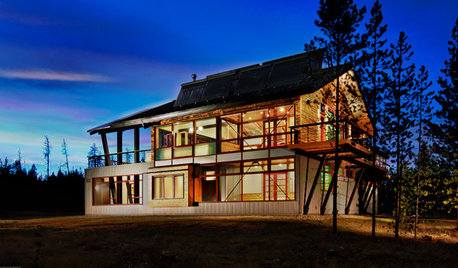
GREEN BUILDINGZero Net Energy: A Hardworking-House Term to Know
Homes that consume only as much energy as they produce by renewable means are a goal for builders. Learn what ZNE means for you
Full StorySponsored
More Discussions






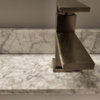
zl700
jake2007
Related Professionals
Fairfax Handyman · North Druid Hills Kitchen & Bathroom Remodelers · Camarillo Kitchen & Bathroom Remodelers · Centerville Kitchen & Bathroom Remodelers · Galena Park Kitchen & Bathroom Remodelers · Glen Carbon Kitchen & Bathroom Remodelers · Honolulu Kitchen & Bathroom Remodelers · Lincoln Kitchen & Bathroom Remodelers · Morgan Hill Kitchen & Bathroom Remodelers · Newberg Kitchen & Bathroom Remodelers · Panama City Kitchen & Bathroom Remodelers · Phoenix Kitchen & Bathroom Remodelers · Pueblo Kitchen & Bathroom Remodelers · Weston Kitchen & Bathroom Remodelers · Gibsonton Kitchen & Bathroom Remodelerszl700
jakethewonderdog
zl700
monsoon99Original Author
joed
zl700
jakethewonderdog